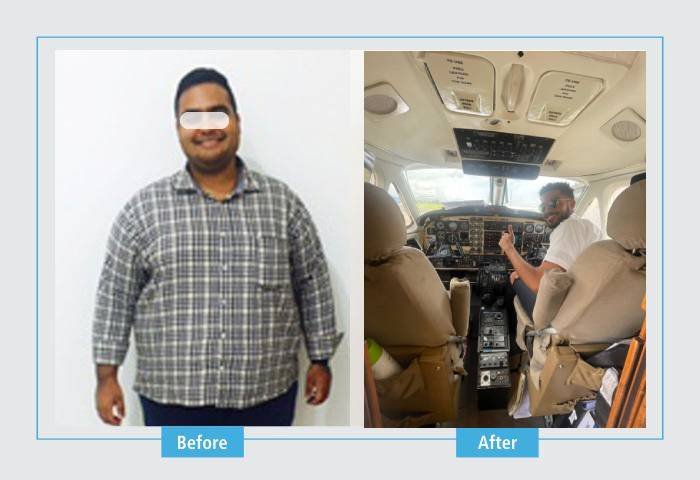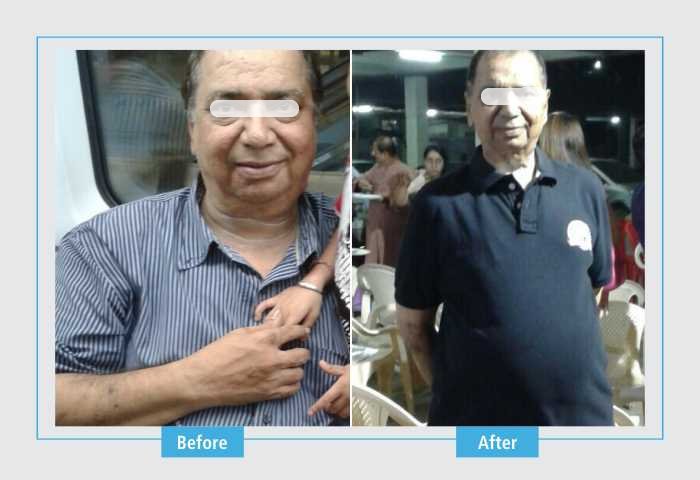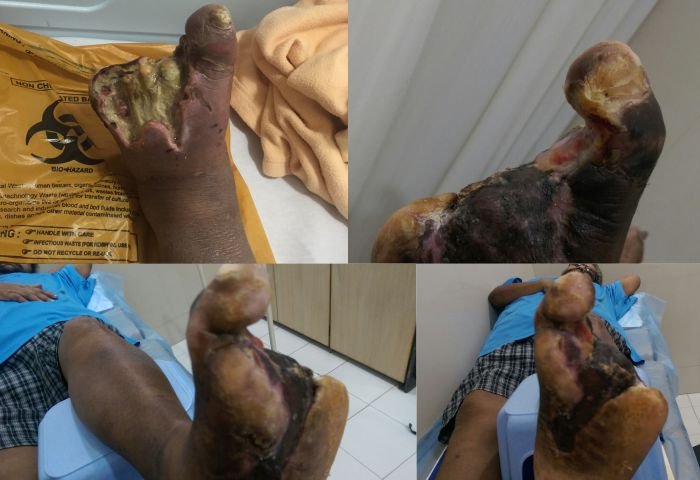Hernia Surgery
- Why is a hernia operation necessary?
- How do I know if I have a hernia?
- Hernia treatment options
- Is everyone a candidate for laproscopic hernia repair?
- Benefits of having laparoscopic hernia surgery
- Risks of not having hernia surgery
- Risks and complications of surgery
- What if the operation cannot be performed by the laparoscopic method
Why is a hernia operation necessary?
Hernias occur when an organ or tissue pushes through a weak spot in the muscle or tissue that holds it in place. While small hernias may not cause any symptoms, they can become larger and more painful over time.
In some cases, the herniated tissue can become trapped and strangulated,
cutting off blood supply and requiring immediate surgery.
Here are some reasons why hernia surgery might be necessary:
● To relieve pain and discomfort
● To prevent the hernia from becoming larger and more painful
● To prevent the hernia from becoming strangulated
● To improve your overall health and quality of life
How do I know if I have a hernia?
Common symptoms of a hernia include:
● A bulge or lump under the skin, especially when straining or coughing
● Pain or discomfort in the area of the bulge
● A feeling of fullness or pressure in the abdomen
● Difficulty swallowing (for hiatal hernias)
If you experience any of these symptoms, it is important to see a doctor for
diagnosis and treatment.
What are my hernia treatment options?
There are two main types of hernia repair surgery:
● Open surgery: This is the traditional method of hernia repair. It involves
making a larger incision in the abdomen to access and repair the hernia.
● Laparoscopic surgery: This is a minimally invasive procedure that uses
small incisions and a laparoscope (a thin, lighted tube) to repair the hernia.
Is everyone a candidate for laproscopic hernia repair?
Laparoscopic hernia repair is generally considered a safe and effective
procedure. However, it may not be suitable for everyone.
Here are some reasons why someone may not be a candidate for laparoscopic
hernia repair:
● Large or complex hernias: These may be more difficult to repair
laparoscopically and may require open surgery.
● Previous abdominal surgery: Scarring from previous surgery can make it
difficult to perform laparoscopic hernia repair.
● Medical conditions: Certain medical conditions, such as obesity or severe
heart disease may increase the risks of laparoscopic surgery.
It is important to discuss all of your medical history and concerns with your doctor to determine if you are a candidate for laparoscopic hernia repair.
Benefits of having laparoscopic hernia surgery
● Smaller incisions
● Less pain
● Faster recovery time
● Shorter hospital stay
● Reduced risk of infection
Risks of not having hernia surgery
● The hernia may become larger and more painful.
● The hernia may become strangulated, which can be a life-threatening
condition.
● The hernia may cause other complications, such as intestinal obstruction.
Risks and complications of surgery
All surgery carries some risks, including:
● Bleeding
● Infection
● Allergic reaction to anesthesia
● Damage to organs or tissues
● Death (rare)
Specific risks from laproscopic hernia surgery include:
● Difficulty inserting the laparoscope
● Injury to internal organs or blood vessels
● Conversion to open surgery
What if the operation cannot be performed by the laparoscopic method
If the surgeon determines during the surgery that it is not safe to continue with
the laparoscopic approach, they will convert to open surgery. This will allow them
to have a better view of the hernia and repair it safely.
After the hernia operation:
● You will be taken to the recovery room to be monitored.
● You will be given pain medication to help manage pain.
● You will be able to eat and drink again once you are no longer nauseous.
● You will be able to go home when you can eat and drink, use the bathroom on your own, and walk around without assistance.
Discharge instructions:
● You will be given instructions on how to care for your incision at home.
● You will be given instructions on what activities you should avoid and when
you can return to work.
● You will be given a follow-up appointment with your doctor to check your
progress.

















